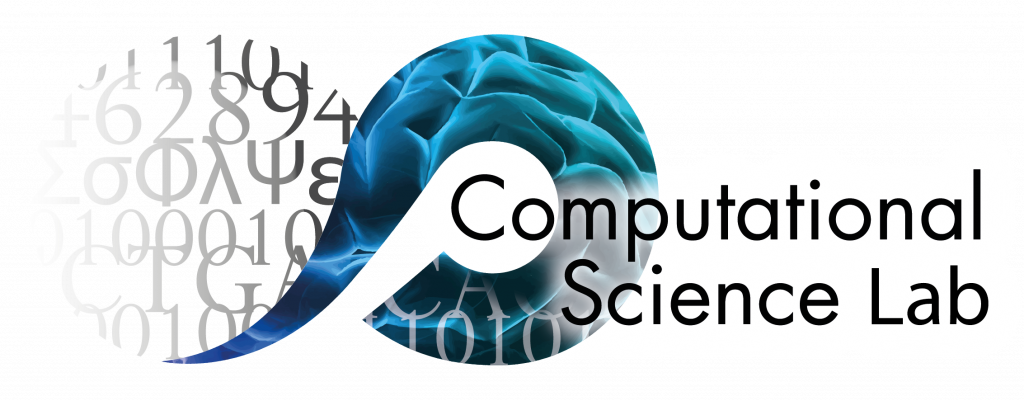Applications are invited for a mathematical/computational modelling position to work within the Health Systems Complexity team at the Institute of Advanced Study in the University of Amsterdam. The team is an interdisciplinary group of researchers devoted to the use of mathematical and computational methods to understand biomedical and health related processes.
Background
There is a growing consensus among public health researchers that the complexities underlying population health and its distribution cannot be unraveled by traditional methods; a shift in research paradigm to systems thinking is imperative to move this field forward. Complex systems approaches will be essential for improving population health and reducing health inequalities. The expertise in this field is still limited, however. To build this expertise we take up the challenge of applying systems thinking to type 2 diabetes (T2D). T2D is inherently a result of multiple processes acting at multiple scales, from cell-biological (nutrition and immune response) to population level (socio-economic status and public health policy). The link between these factors and T2D is complex, involving multifaceted, dynamic causal pathways. A systems approach that encompasses the complexity of these pathways, can support public health policy and practice in effectively tackling health inequalities.
Goal
This computational modelling Ph.D. will collaborate closely with a second Ph.D. position focused on public health and qualitative data gathering. The goal of this Ph.D. position is to use computational modelling and simulation, complex systems analyses techniques, data analysis, and applied mathematical analysis to:
- analyze the causal pathways that link the relevant factors across scales to T2D, based on an interdisciplinary approach that includes epidemiological and ethnographic studies;
- identify leverage points within the system that have the potential to reduce socio-economic inequalities in health.
Available assets
The data available within the project includes the Helius1 dataset (a multi-ethnic, population-based cross-sectional cohort study of around 25,000 participants). Another asset of the project is that a simulation software is available (a validated agent-based model for immune response) through a collaboration with the National Research Council of Italy (CNR).
The aim with this mode is to integrate it into a broader system dynamics model which will link this model’s outcomes to the other relevant processes at the different scales. It is also a wish to understand exactly if and how the complex behaviors of the immune response model interacts with (has synergy with) the higher-level processes which influence T2D, motivating the necessity of inclusion of the cell-biological level in the same model as the population level, which has not been done before.
The framework to be developed will consist of at least (1) a structured method to distill a causal loop diagram including new ways to analyze the soft (interview) and hard data (literature and databases) underpinning this; (2) automatic generation of a time driven system dynamics (SD) model (i.e. software development for that) based on these data; and (3) machine learning methods to tune the free parameters against known data sets. The SD model will eventually be enhanced by models to describe social interaction networks and agent-based models (ABM) of the underlying physiological response to stress resulting from high caloric intake and immune response dynamics.
Skills
The candidate for this position:
- Enjoys interacting with scientists from different disciplines and tackling an interdisciplinary problem;
- Has good programming skills (e.g., C/C++, Python);
- Is trained in computational modelling and simulation techniques;
- Has a background with a considerable mathematical analysis component, such as education programs in: Applied Mathematics, Complex Systems Science, Computational Science, Statistical Physics, or similar.
- Has experience with data analysis techniques;
Additional information
This is a full-time position based in Amsterdam (The Netherlands). Appointment starts as soon as possible.
Informal enquiries can be addressed to Dr. Rick Quax (r.quax@uva.nl) or Prof. Peter Sloot (p.m.a.sloot@uva.nl).
How to Apply: please upload your application in this online form. Unfortunately this form requires you to sign in. If you do not have a Google account or otherwise have problems with this form then please send an email containing your CV and a cover letter with motivations. Please be prepared to provide at least two letters of reference.
Closing Date: September 1, 2018.
The University of Amsterdam is committed to equal opportunities.
Short url for this page: https://tinyurl.com/ycrnpqr7
1 Stronks K, et al. Unravelling the impact of ethnicity on health in Europe: the HELIUS study. BMC PH 2013;13:402
